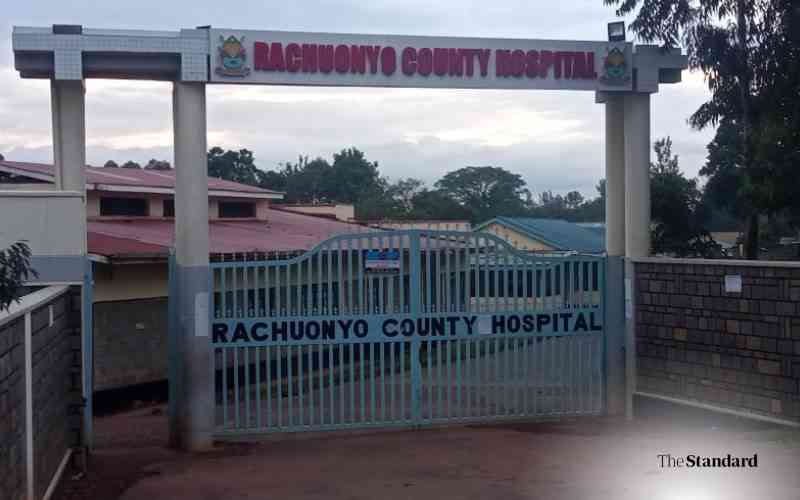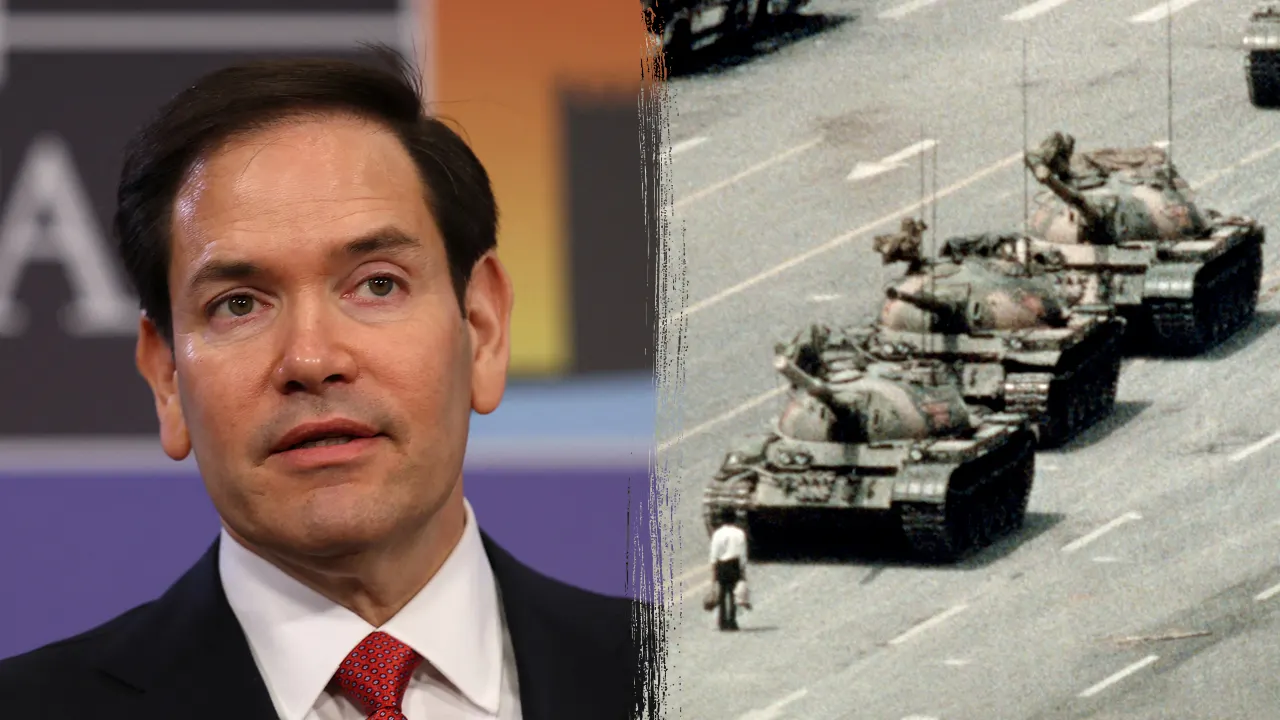Marco Rubio's And Miles Yu's War On Chinese Students Is Misguided
(MENAFN- Asia Times) In an age of escalating geopolitical rivalry, democracy's strongest foundations - press freedom, civic trust and public accountability - are being eroded by a perfect storm of surveillance, suspicion, and systemic misinformation.
This is especially visible in US-China relations, where bipartisan hawkishness has led to sweeping proposals like Senator Marco Rubio's latest effort to revoke visas from Chinese students and researchers - treating them as national security risks by default.
Joining the chorus is Miles Yu, a former Chinese international student who became a top China policy adviser in the first Trump administration. In his widely cited essay,“Enabling the Dragon ,” published in November 2024 the week after Donald Trump had won the election, Yu argues that US universities have become naive enablers of the Chinese Communist Party, serving as academic outposts vulnerable to intellectual theft and ideological infiltration.
Yu urges that the United States should sharply restrict academic engagement with China, calling such cooperation a national security threat. His claim is sweeping: that China has“outsourced” its academic system to exploit American openness, and that the US must respond by severing intellectual ties.
The real danger of cutting off Chinese students
Both Rubio and Yu are also ignoring the data: Chinese nationals make up the largest share of foreign students in STEM fields - computer science, engineering, math and the physical sciences.
According to the National Science Foundation, more than 80% of Chinese PhD recipients in these fields stay and work in the US after graduation, contributing directly to American innovation, entrepreneurship, and research leadership. Many have founded startups, filed patents and worked in cutting-edge labs at US universities and tech companies.
The idea that they are“outsourcing” American prosperity to China is not only false - it's self-destructive.
If these students are forced out, the US will not only lose a competitive advantage in global talent - it will damage its innovation ecosystem at its roots. Immigration-driven innovation has been one of the few consistent engines of American prosperity in a polarized and gridlocked political climate. Treating every foreign-born talent as a potential spy will only drive them into the arms of competitors.
Moreover, this zero-sum framing misrepresents how education actually works. American universities are not ideological weaklings - they are spaces where critical thinking, civic inquiry and pluralistic values are cultivated. Chinese students are not arriving with monolithic loyalties - they are shaped by their experiences here, often becoming some of the most perceptive critics of authoritarianism and some of the strongest defenders of democratic ideals.
Diaspora students and scholars, such as the founders of China Labor Watch and Human Rights in China, have often been at the forefront of documenting abuses, challenging both Chinese state narratives and the overreach of US suspicion. They are not security liabilities - they are civic actors.
And yet, they are increasingly caught in the middle. Media outlets rush to publish stories about alleged espionage long before there's due process. Federal task forces pressure universities to cut off collaborations without context. On social media, platforms like X - once Twitter - amplify xenophobic paranoia while silencing legitimate voices. The result is a digital public sphere poisoned by fear and disinformation, where nuance disappears and policy becomes a blunt instrument of exclusion.
In my research - China's Emerging Inter-network Society - I explore how diaspora communities and digital platforms are reshaping political consciousness. Platforms like WeChat and TikTok are indeed double-edged: they can be used for surveillance, but also for storytelling, mutual aid, and grassroots advocacy.
Don't slam the door behind you, Miles Yu
What Yu fails to mention is this: He was once“the dragon” he now seeks to shut out. To presume otherwise is to vastly underestimate the power of American education - something Yu himself should know firsthand.











